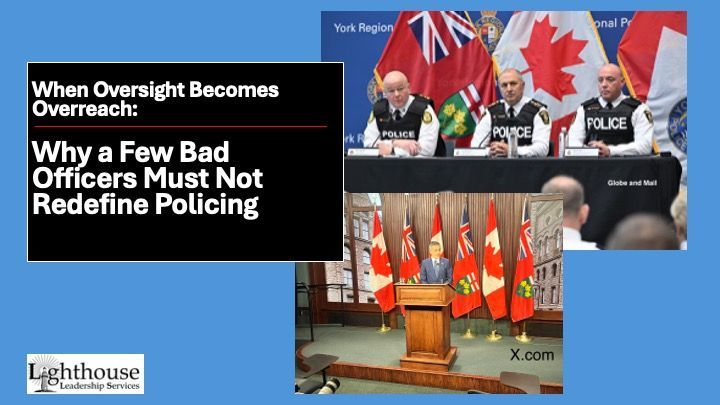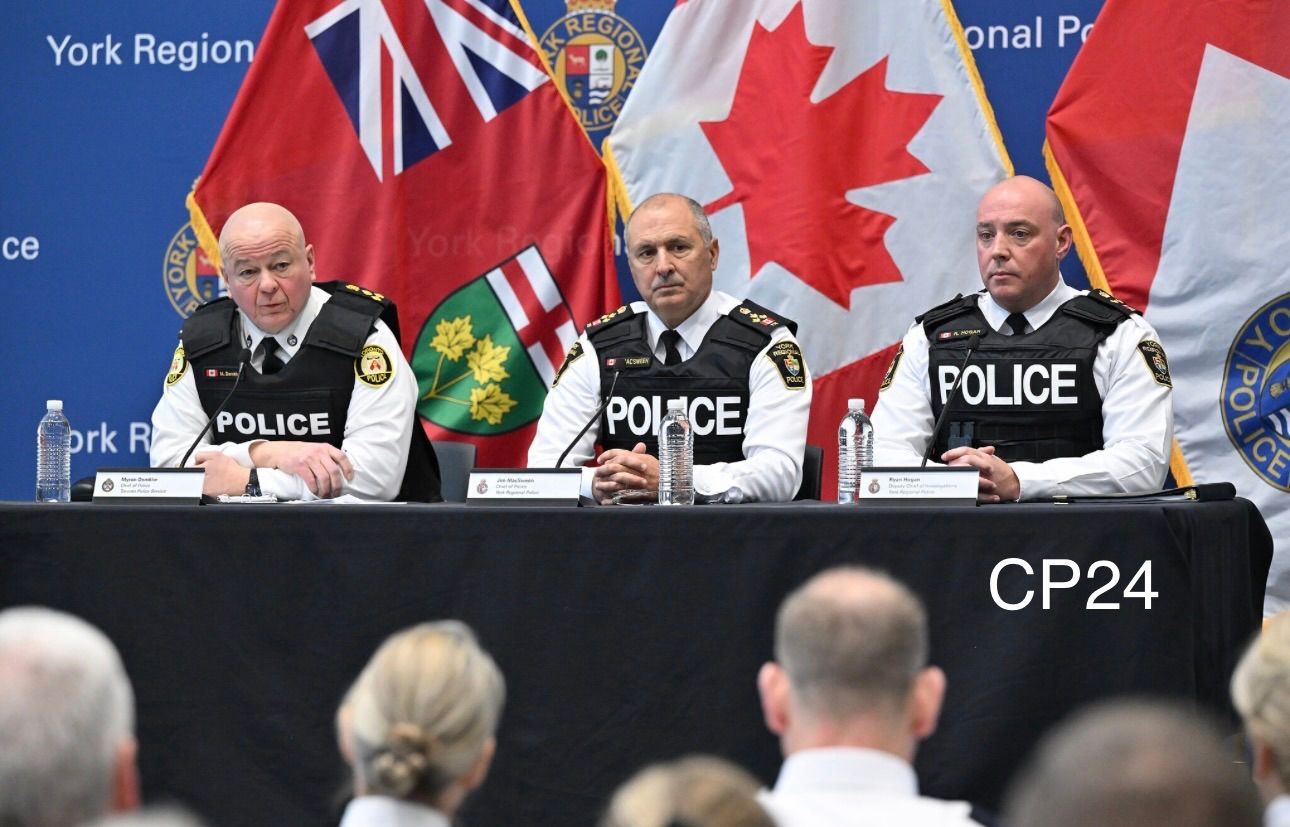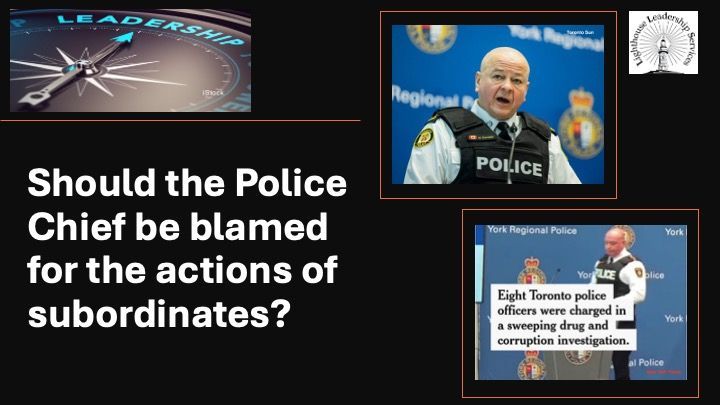New Paragraph
In a nutshell, yes.
I, and many others, have opined for several years that Canada needs to tighten up its border with the U.S.A to prevent firearms from entering Canada and harming Canadians. The overwhelming majority of crime guns recovered in Canada have been traced back to U.S. origin, and it is believed that most of those that could not be traced or even located, likely came from there as well. A tremendous quantity of illegal drugs enter Canada across our largely insecure border through the same smuggling routes, which is the vastest unprotected border between any two countries in the world.
That is not an indictment of the Canada Border Services Agency (CBSA) or the RCMP, who collectively have responsibility to protect our border. Nor is it a partisan statement. Both agencies have been chronically under-resourced by successive governments for decades.
I reacted negatively immediately when President-elect Donald Trump recently threatened to implement tariffs on Canadian goods if Canada doesn’t get its border security act together, because I know that more ‘bad stuff’ enters Canada from the south than the other way around. Guns do not get smuggled into the U.S. from Canada and other than some “BC Bud” on occasion, not a pile of drugs are moved into the U.S. from our side of the border. I can’t remember if ever, when I heard of a load of cocaine heading south from Canada being intercepted by U.S. authorities. Why? Because it rarely happens. Cocaine, fentanyl and other drugs do enter the U.S. through Mexico in tons, on a regular basis.
Similarly, not many Canadians are trying to sneak into the U.S.A to seek refugee status, or because they are looking for a better life. However, the U.S. is plagued 24/7 by thousands of migrants trying to enter through their southern border. Undoubtedly many aliens have managed to find their way into Canada via our very relaxed immigration process and then have attempted to slip into the U.S., but that’s why the U.S. has a much more substantive Border Protection Service, all armed to the teeth and supported by technology, vessels, aircraft, dogs and feral cats.
Canadian officials are certainly rightfully concerned about the potential for droves of migrants who are currently residing in the U.S. trying to enter Canada when President Trump takes office and keeps his promise to deport masses of illegal immigrants.
Having said all of that, Trump is at least partly right (words I seldom say) in terms of how our lacking security apparatus might impact our friends to the south. Canada should play a role in supporting the U.S. in preventing illegal immigration and in stopping any drugs whatsoever from entering their northern border. And vice-versa. That’s how two countries that are long-time friends and colleagues should work. Share intelligence, expertise and legislative hooks; conduct joint investigations and collaborate for the benefit of all.
But Canada, sadly in my view, doesn’t have much to offer the partnership. CBSA members are dedicated and do their very best, as are the RCMP – despite their slew of competing, multi-level priorities, but within the current resource envelopes of these federal agencies, it’s like trying to manage an elephant with a mouse.
This week, Ontario Premier Doug Ford hosted a meeting with U.S. and Canadian authorities, the Ontario Provincial Police (OPP) and others to discuss this issue and what can be done. As Premier, he can only do so much but at least he’s trying. The province certainly does have a role – through the OPP and Criminal Intelligence Ontario (CISO). The OPP have embedded officers into U.S. Customs facilities in Buffalo and Detroit for years to help facilitate international intelligence sharing and investigative cooperation. Municipal police services also help as much as possible, but this dilemma is a federal failing for the most part.
It took a lot of hue and cry to get the feds to the table several months ago to develop a strategy of sorts regarding the stolen automobile crisis in Canada, including the export of stolen vehicles through the Port of Montreal. CBSA received some enabling technology to assist in scanning shipping containers for stolen vehicles, but I’m told from a human resources (investigators and analysts) perspective, it’s merely been a shell-game of moving existing CBSA personnel hither and yon to make an impact. That is not a sustainable solution.
Regarding this current matter, Canada’s Public Safety Minister Dominic LeBlanc since stated “We can make additional investments to reassure Canadians that all of the measures necessary are in place and will continue to be in place” (at the border). Well Mr. Minister, at this point effective measures are NOT in place and are a long way from being so.
Why has it taken Donald Trump's threats to wake our federal government up to the fact that our border is like Swiss cheese, and it will take significant funding for human and technological resources – accompanied by a rigorous strategy, to make a difference? And similarly, why must the Premier of Ontario take the lead in sorting out what we can do better?
The only answer is: “Because somebody has to.”




